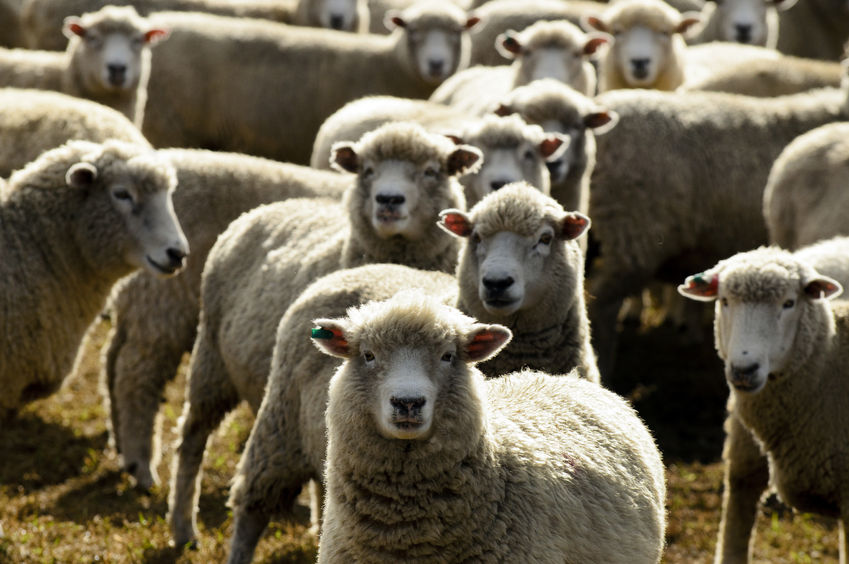Farming union criticises banning of live exports as 'completely unworkable'

Banning the live exports of farm animals would be "completely unworkable" for the farming industry, according to a union.
The Ulster Farmers' Union (UFU) comments come in in advance of the second reading of the Live Animal Exports (Prohibition) Bill in the House of Commons scheduled for Friday 2nd February.
It follows news of the Live Animal Exports (Prohibition) Bill passing its first hurdle in Parliament in October last year.
Alongside this, a petition to ban live exports has gained 65,000 signatories, enough to trigger a debate in Parliament surrounding the matter.
However, the farming industry are concerned surrounding the trade aspects a ban would bring.
The live export of cattle and sheep forms an integral part of the Northern Ireland livestock sector, for example. It injects in excess of £70 million into local farm businesses per year.
Over 50,000 cattle and 500,000 sheep are exported live annually for further production or slaughter in other regions of the United Kingdom and to EU Member States such as the Republic of Ireland and Spain.
'Complete non-starter'
UFU president Barclay Bell said: “The fact that the vast majority of this trade is with the Republic of Ireland and Spain demonstrates how essential it will be post-Brexit to maintain competitive, uninterrupted free trade with the EU.
“The idea that a ban or added restrictions is being considered in the House of Commons is a complete non-starter for the Northern Ireland farming industry and must be strongly opposed by our elected representatives.”
With Brexit on the horizon and discussions underway about future UK agricultural policy, the UFU continues to argue that farmers place in the supply chain must be strengthened.
Mr Bell added: “We want to see competition and transparency in the market place. A thriving live export trade, which has fair and proportionate regulation based on sound science must play a key role in this.
“To prohibit or heavily restrict live exports will badly damage primary production in Northern Ireland. It will be detrimental to all hopes of having a holistic local livestock sector that can deliver for the economy, environment and rural communities.”
'As close as practicable'
The government said it has a Manifesto commitment to take steps to control the export of live farm animals for slaughter, as the UK leaves the EU, and will be considering options in this context.
It responded: "The Government believes animals should be slaughtered as close as practicable to their point of production. A trade in meat and meat products is preferable to the long distance transport of animals to slaughter.
"Once we leave the European Union, and in line with our manifesto commitment, we can take early steps to control the export of live farm animals for slaughter.
"We have made clear in Brussels that we support improvements being made to enforcement across the EU of existing rules on the long distance transport of livestock. We have also supported calls for the European Commission to make improvements to the existing EU Regulation on protecting animal welfare in transport."








